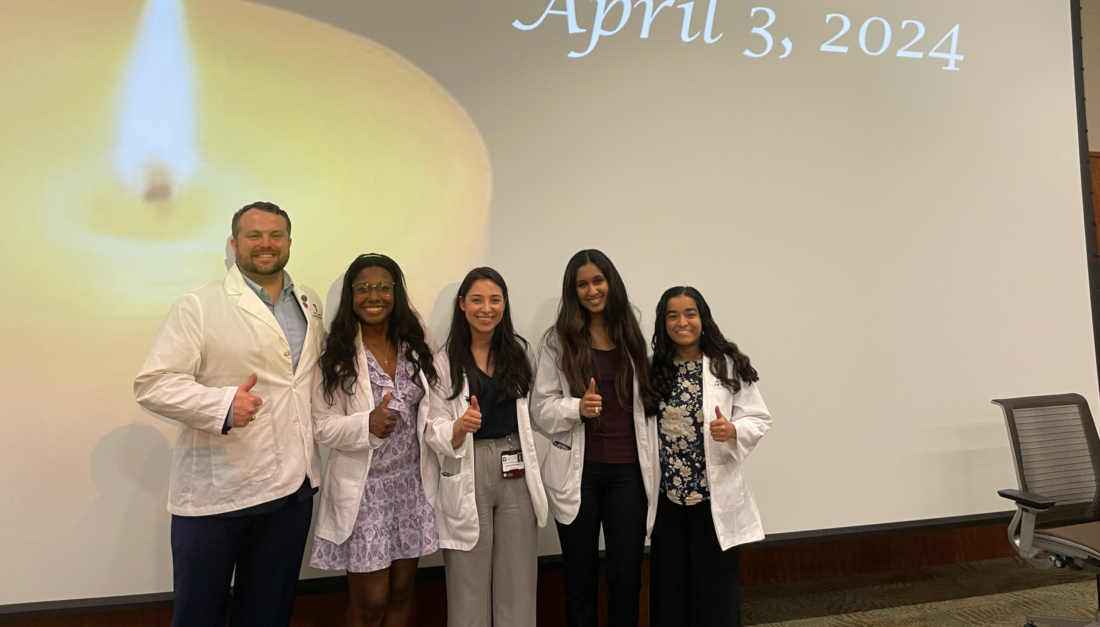COM researchers help create new technology to study Salmonella bacterium
(COLLEGE STATION, TX) — Researchers at the Texas A&M Health Science Center (HSC) College of Medicine, in collaboration with the Vaccine Research Institute of San Diego, have created a new genetic technology to study Salmonella, a bacterium responsible for approximately 1.4 million cases of food-borne infections in the United States each year.
The study is available online in the current issue of PLoS Pathogens.
“We generated a set of new tools to help us identify genes of Salmonella Typhimurium that are important for this organism to grow in various circumstances, including in livestock and on foods,” said Helene Andrews-Polymenis, D.V.M., Ph.D., assistant professor of microbial and molecular pathogenesis in the HSC-College of Medicine and co-senior study author.
Co-senior study author Michael McClelland, Ph.D., of the Vaccine Research Institute of San Diego faculty, said, “Using this new technology, we now have the ability to monitor many specific mutants simultaneously. This allows us to look at Salmonella growth in environments that we were previously not able to, primarily because of cost.”
Salmonellae – any of various rod-shaped bacteria of the genus Salmonella – are the second leading cause of bacterial food-borne disease in the United States and responsible for hundreds of millions of cases of gastrointestinal and systemic diseases worldwide each year. Salmonellosis – an infection with Salmonella bacteria – can be fatal for immunocompromised individuals such as young children, the elderly and individuals with concurrent infections. About 600 U.S. deaths per year are attributable to the infection.
Mollie Megan Reynolds, graduate student researcher in the HSC-College of Medicine, contributed to the PLoS Pathogens study. Also contributing were Carlos Santiviago, Steffen Porwollik, Sang-Ho Choi and Fred Long of the former Sidney Kimmel Cancer Center in San Diego.
Research support was provided by the HSC, National Institutes of Health grants and Sidney Kimmel.
Media contact: media@tamu.edu


